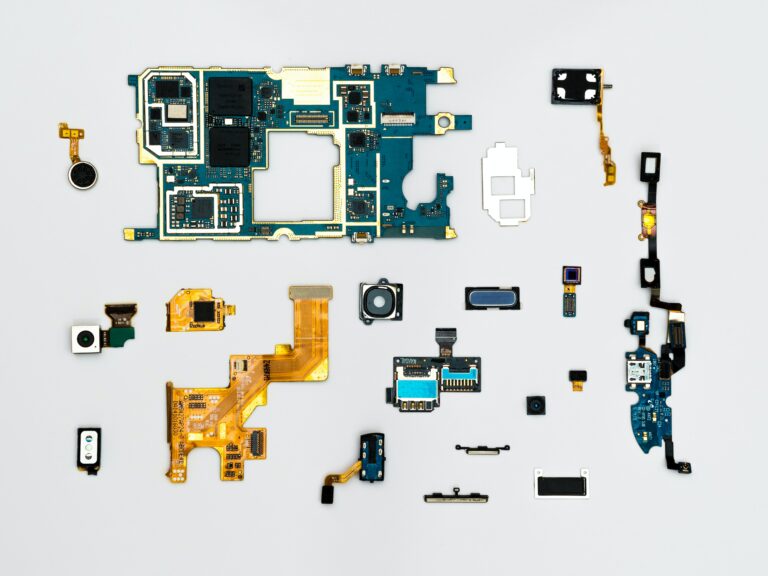
Estate planning doesn’t have to be challenging. It’s also one of the most thoughtful steps you can take for the people you care about. Estate planning is the process of who will handle your estate and receive possessions after your death, according to a recent article titled “10 Essential Estate Planning Documents You Need” from The Street.
There are important legal documents making up your estate plan, each with different options.
Last will and testament. The will designates who receives specific assets and property after you die. However, it is only operative over assets or property subject to probate. This includes tangible assets, like your home and personal belongings, as well as intangible assets, like bank and investment accounts and digital assets. Beneficiaries are those who will receive assets. They may be family members, close friends, or charitable organizations. Your will is also used to specify guardians for your children and choose an executor, the person you trust to carry out the wishes expressed in your will.
Revocable living trust. This is a legal entity created to distribute possessions after you pass away. However, it is different than a will. A revocable living trust is a legal entity that owns the assets placed in the trust, while permitting you, the grantor, to have access to them while living. The revocable living trust spares heirs from having to wait until probate is completed to receive inheritances. The living trust allows for rapid and private transfer of assets after death.
Beneficiary designations. Any asset with a beneficiary designation will pass directly to the beneficiary and is not subject to probate. However, you must designate a beneficiary for each account and keep them current. This is especially important if there has been a divorce and your prior spouse’s name appears as a beneficiary on any assets, such as life insurance policies or deeds.
Advance Healthcare Directive (AHCD)/Living Will. This document is used to specify what medical care you want if you are unable to convey your wishes yourself. AHCD documents typically include a living will and a medical power of attorney. These documents may relate to types of treatments, end-of-life care, artificial respiration etc.
Financial Power of Attorney. A POA allows you to appoint another person to manage funds and property on your behalf. If you need medical attention, the POA can authorize the use of assets to pay for expenses and provide for your family when you are unable to do so.
Insurance policies and financial information. All insurance policy documents, including life, health, auto, long term care and home insurance, should be kept in one location. You should also have a list of all financial accounts, including access information. You could keep this information in a notebook, or on an encrypted document on your personal computer.
Proof of Identity Documents. Discharge papers from the armed forces, Social Security card, Medicare card, birth, marriage, divorce certificates, prenuptial agreements and divorce settlements and passports should all be accessible to your trustee or executor.
Titles and Property Deeds. An inventory of titles and deeds should be done when any type of trust is created to ensure that the properties are correctly placed in the trust. Names on titles or deeds supersede your will. If your spouse is named as a joint owner on the house deed, they legally possess the property, regardless of what is in your will.
Digital assets. Most Americans under age 70 have an estimated 160 digital accounts. Consider using a password manager or secure digital vault to help you manage your login credentials. You’ll also want to name a digital executor in your will, so they can oversee or cancel digital accounts and distribute digital assets.
Funeral instructions. While documents about your funeral and any memorial services aren’t legally binding, it’s better to tell your family what you want to happen at your funeral. If you have purchased a burial plot and paid for your funeral, make sure the family members know where the documents are. Whatever your wishes, write them down and share them with family members.
Once you have your estate plan together, protect these documents by keeping them in a fire-and waterproof box in your home. Copies of the documents should be distributed to anyone who needs them. For example, a copy of your advance healthcare directive should be sent to your healthcare agent and your primary care doctor. Your executor should have a copy of your will. Review these documents every three to five years, or after any significant life events.
Reference: The Street (Jan. 31, 2023) “10 Essential Estate Planning Documents You Need”
